Ocean Census: Ten vital years to save the seas
A new marine scientific initiative sets out to redefine our understanding of the ocean ecosystem and our industry has a real opportunity to make an impact…
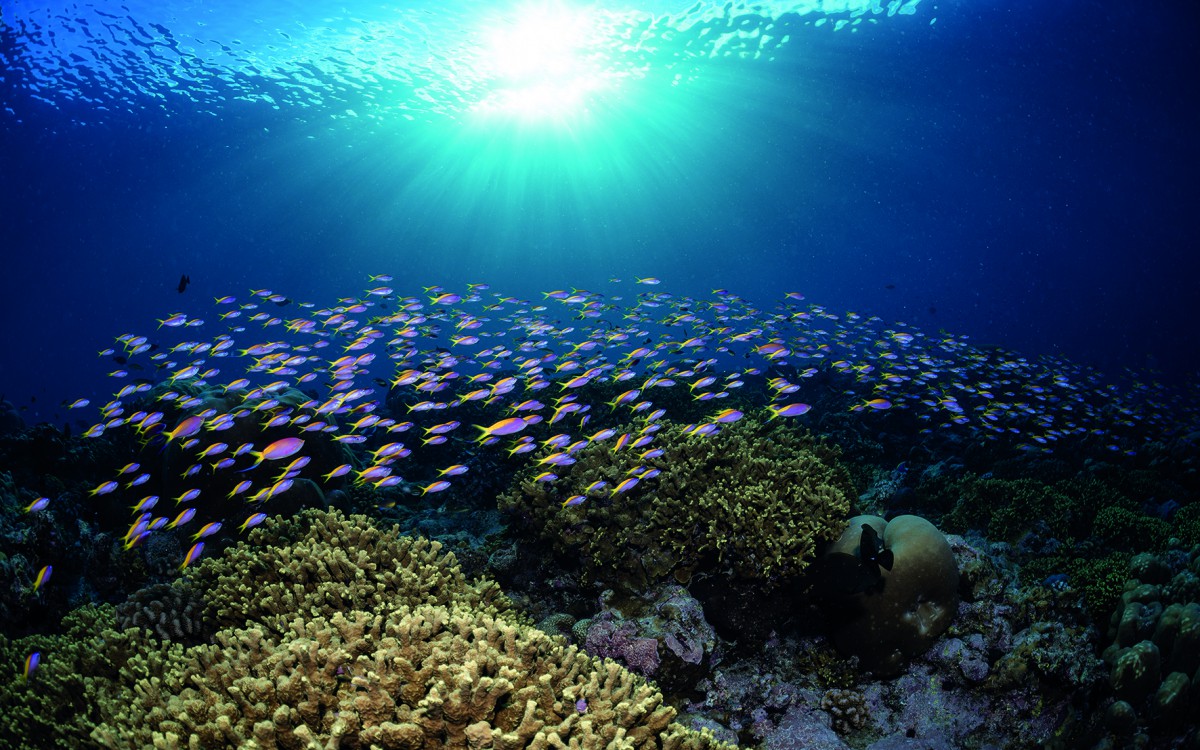
Ocean Census is an international alliance of non-profit and global partners on a quest to explore, comprehend and safeguard marine life, with a focus on the deep ocean. Against the backdrop of a climate in flux and an ocean under increasing pressure, its objective comes at a crucial moment.
Earlier this year, the UK marine research and conservation organisation Nekton partnered with The Nippon Foundation from Japan to unveil the ambitious Ocean Census project. Aiming to identify a minimum of 100,000 new marine species within the first 10 years, this ground-breaking venture will greatly accelerate the scientific research needed to complete our understanding of Earth’s oceanic biodiversity.
“We are in a race against time to discover ocean life before it is lost for generations to come,” says Yohei Sasakawa, chairman of The Nippon Foundation. “Ocean Census will create an immense wealth of openly accessible knowledge that will benefit and sustain all life on earth, for humankind and our planet.”
Private vessels, and the resources they have at their disposal, can play a leading role in this undertaking. Oliver Steeds, founder of Nekton and director of Ocean Census, leads the management and development of the organisation and field operations. An acclaimed broadcast journalist, he also co-founded Encounter EDU, including the Ocean Academy.
“The DNA of the programme is not only science but also storytelling,” says Steeds. “The marine scientific community globally has made some incredible breakthroughs, and we are committed to not only supporting this research, but also championing the people and communities behind it.”
Ocean Census, Steeds explains, aims to bridge the multidisciplinary fields of academia, government institutions and private research vessels, operating as a nexus hub for the wider marine scientific community. Crucially, it also presents the superyacht community with a significant opportunity.
“The yacht fleet is owned and operated by people who have a deep affinity with the ocean,” says Rob McCallum, founder of EYOS Expeditions, Nekton trustee and founding member of Yachts for Science. “The superyacht community wants to support ocean causes, but often they don’t really know how to do it, and the science community is desperate for some time at sea for science.” Now, with the launch of Ocean Census, the scope of projects and the potential opportunities for the superyacht fleet to actively contribute are extraordinary.
“We have a short window of opportunity, perhaps the next ten years, when the decisions we all make will likely affect the next thousand or even ten thousand years,” explained Steeds at the Ocean Census launch event at London’s Royal Institution. “Some people are saying ‘It’s time to go big or go home’. We’ve chosen to go big, and we hope the giant leaps in knowledge we can make with the discovery of ocean life can help put us on a better track towards a positive future for people and the planet.”
 Oliver Steeds OBE, founder of Nekton and director of Ocean Census,
Oliver Steeds OBE, founder of Nekton and director of Ocean Census,
at the launch of Ocean Census in April at the Royal Institution.
In practical terms, initially, Ocean Census is about taxonomy, the branch of science concerned with the identification and classification of organisms. Traditionally, this foundation of classical biology has been a slow and methodical process. The average rate of discovery of new species, around 2,000 a year, has remained largely unchanged since the 1800s, as has the time it takes for these discoveries to be processed and enter the scientific lexicon.
“Instead of taking 20 years, we now have a platform that can process these discoveries in days or even hours,” explains McCallum. From Ocean Census’ headquarters at Nekton hub at Oxford University’s Begbroke Science Park in the UK and its research partners worldwide, these discoveries can inform the scientific community and enter deeper research fields in near real time.
Clichés and analogies abound when it comes to contextualising our incomplete understanding of life in the ocean. Most of us know that the oceans cover approximately 70 per cent of the Earth’s surface. A cursory look at a world map and its abundance of blue can tell us that, but this two-dimensional projection is misleading.
The roughly 360 million square kilometres of ocean surface is, on average, 3,682 metres deep. This three-dimensional space makes up more than 95 per cent of the total liveable habitat on Earth. It is mostly dark, cold and out of our minds. These mysterious depths are where Ocean Census is setting its sights.
“We have a short window of opportunity, perhaps the next ten years, when the decisions
we all make will likely affect the next thousand or even ten thousand years.”
The popularised claim (including by Ocean Census’ website) that we have discovered only 10 per cent of the ocean’s species is a very broad guess, with many caveats, and this is the point: we cannot accurately gauge our ignorance because the sheer number of undiscovered species leaves us without a baseline for comparison. In essence, a numerator without a denominator is just a number.
However, as a rhetorical device, it has the desired effect. Until we have a more complete picture of the species’ composition of the marine biosphere, we simply don’t know how unsure our footing may be. The rivet hypothesis in biology likens species loss in an ecosystem to removing rivets from an airplane wing: remove one, five or even 50, and the plane still functions normally but, eventually, just one more removed rivet will lead to catastrophic failure.
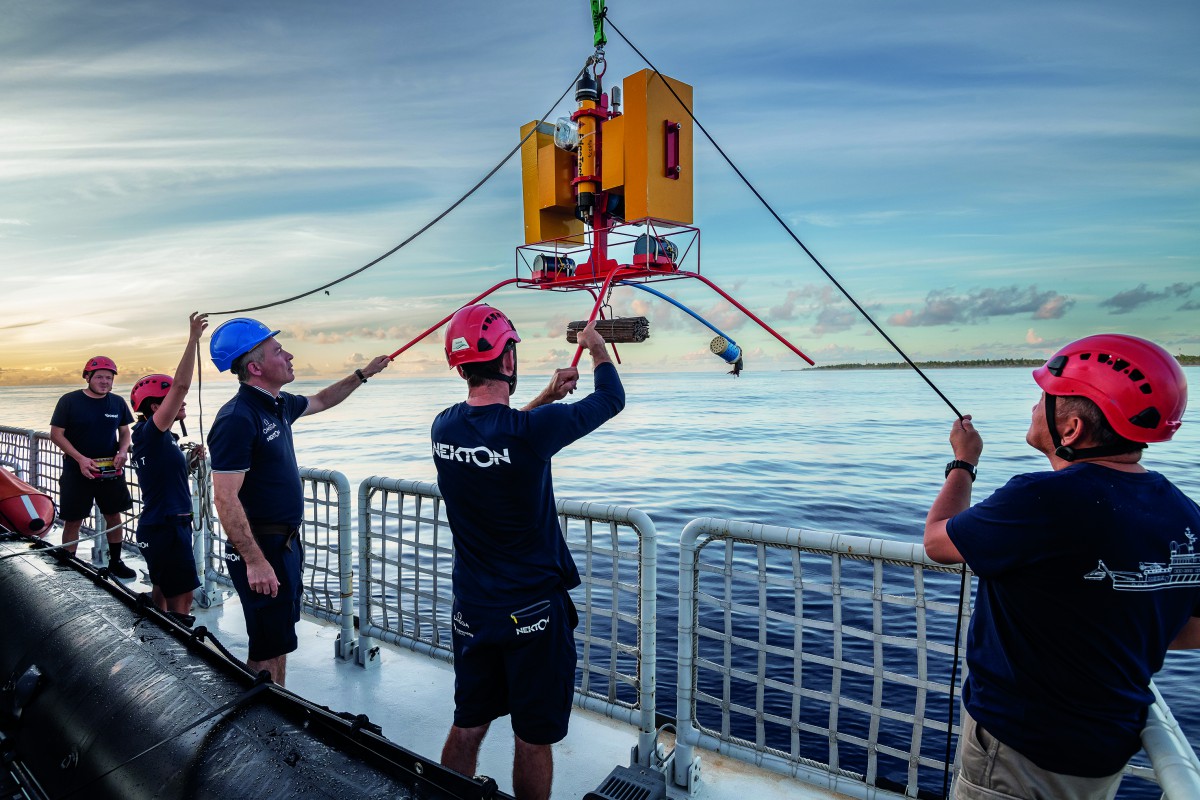
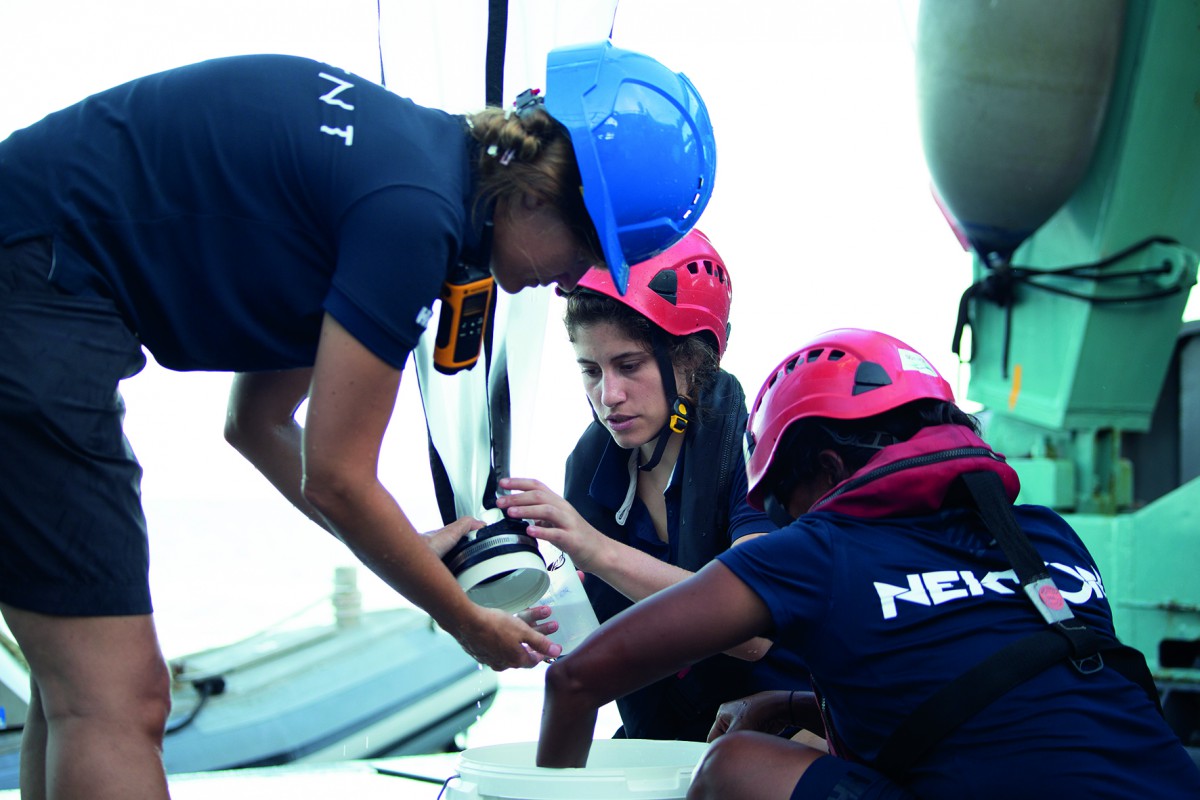
The fleet of private vessels that can make an active contribution to Ocean Census is broad. The inaugural Ocean Census expedition was part of the AKMA3 cruise, led by the University of Tromsø and collaborators REV Ocean. The focus was on discovering life on the seafloor, particularly around the methane-rich, cold seeps at depths between 100 and 500 metres in the Arctic’s Barents Sea.
The iconic and established exploration and research programmes such as Schmidt Ocean Institute, REV Ocean and Monaco Explorations have been integral to the establishment of Ocean Census and will play a significant role in its continued efforts. The highly specialised and technical research that they undertake may be out of reach for the majority of today’s fleet, no matter their best intentions. However, the range of vessels that can contribute is expanding.
Successfully marrying the philanthropic ambitions of superyacht owners and crews with the right scientific project is challenging, but with 20 years of exploration and research on board a diverse array of private vessels, McCallum and the team at the recently established Yachts For Science initiative see huge potential in today’s fleet to contribute to the ambitious Ocean Census.
“The good news is that once you understand the challenges, you can start pitching science to different parts of the industry,” says McCallum. “The superyacht sector has such an incredible opportunity and capacity to contribute. Yachting is a wealthy industry, and we all rely on the ocean. As the industry’s environmental conscience matures, there is a chance for us to understand the ocean and to give back to something we all love.
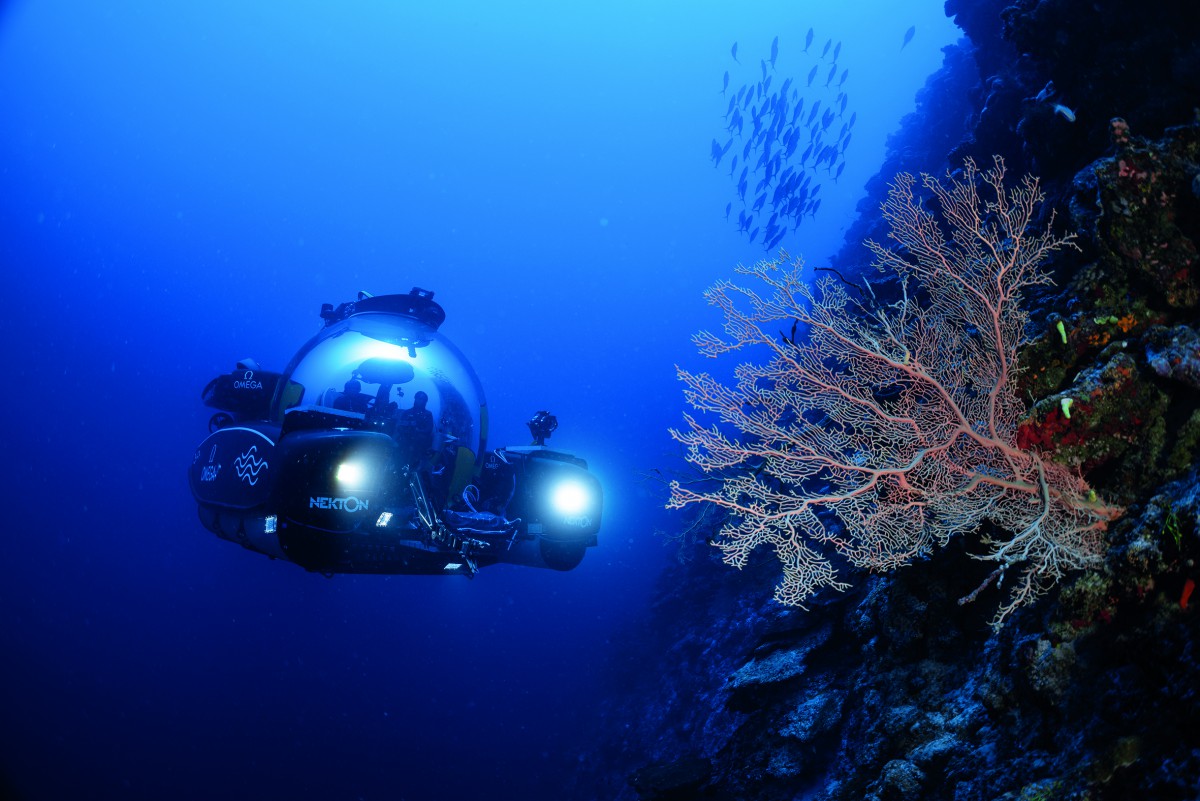
McCallum calls it the “scientific spectrum across the superyacht industry”, and it covers, essentially, the entire fleet. The vast majority of the more than 5,000 30-metre-plus superyachts in the fleet are capable of completing one of the projects identified by Yachts For Science.
Ocean Census comes at a critical juncture as on-board, high-speed connectivity approaches ubiquity and academia is experiencing its AI-driven revolution. Rapid evolutions in high-resolution imaging, DNA sequencing and machine learning now enable the discovery of ocean life at a phenomenal speed and scale.
“We are heading into a technological storm,” says Steeds. “This revolution is what we are going to harness to drive the breakthroughs in research. Crucially, we’ve got to make this information open source to be able to inform and catalyse policies around the world. This is not about bioprospecting. This is about using all of the resources at our disposal to drive scientific understanding forward.”
‘Bioprospecting’ is a very modern term, but the gold rush for biomolecules is a real consequence of the discovery of novel organisms. The discovery part is only the start. Their commercial value runs far deeper than the hubris afforded discoverers in naming a species. The biochemistry, particularly of so-called ‘extremophiles’ (organisms that thrive in extreme conditions such as hydrothermal vents or under Antarctic ice sheets), has proved highly valuable.
“This is not about bioprospecting. This is about using all of the resources at our disposal
to drive scientific understanding forward.”
As quoted in the UNU-IAS report Bioprospecting of Genetic Resources in the Deep Seabed: Scientific, Legal and Policy Aspects, “Scientific research related to deep seabed genetic resources, whether purely academic or commercially oriented, is restricted to a very few who own the necessary technological capacity and the financial resources to access these remote areas. This raises development and ethical issues, among others, since the potential applications of deep seabed genetic resources to various sectors, including the health and food sectors, are manifold, but the legal status of these resources is still uncertain.”
The complex relationship between biology and the pharmaceutical, food and industrial sectors deserves many more pages than we have here. However, Steeds says the open-source nature of this project is an attempted bulwark to protect the secrets locked in the DNA and cells of deep-sea organisms from not being used for common benefit of humanity. It also ensures that the discoveries, and the credit for them, are public knowledge, championing the achievements and the teams behind them, not the bottom line that a discovery may have.
Data collected by Ocean Census will be instrumental in comprehending not only the abundance, diversity and distribution of marine life. This knowledge will also prove pivotal for fundamental science, impacting areas such as oxygen production, carbon cycling, sustainable food production and the evolution of life on Earth.
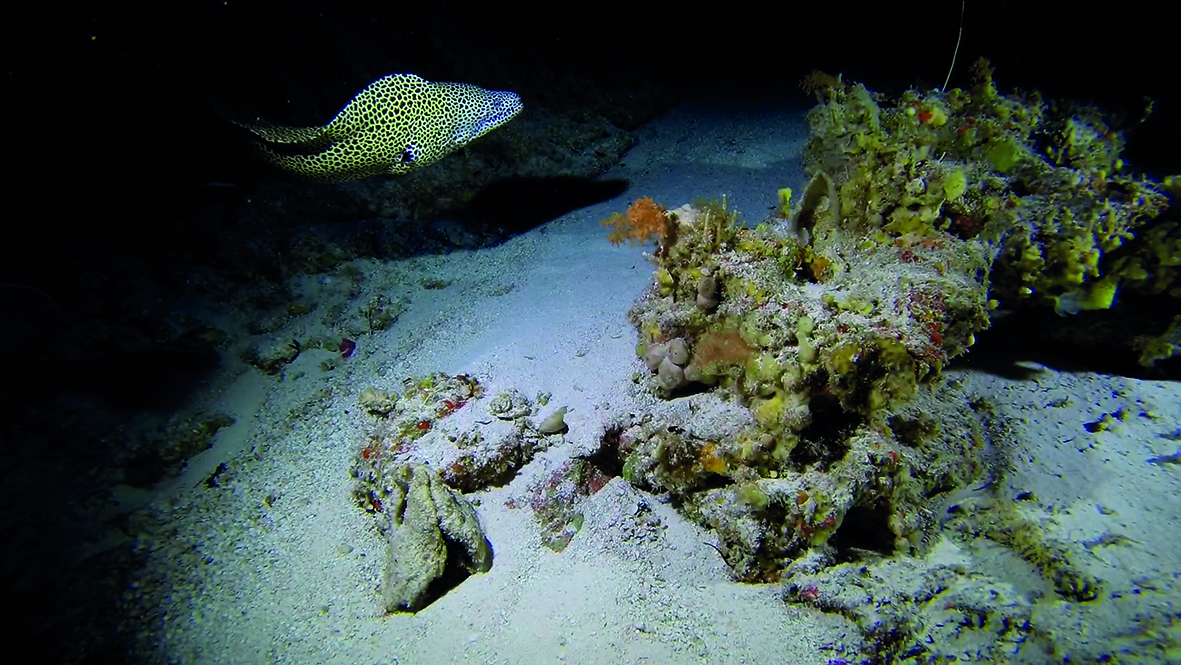
Tall tales and shadowy flickers of life throughout history always hinted that there was much more to the open seas than we understood. The timeline of marine scientific exploration and discovery is punctuated by revolutionary expeditions. Darwin’s voyage on HMS Beagle is at the forefront of most people’s minds. While integral to Darwin’s theories, it was the HMS Challenger expedition (1872-1876) that was more scientifically rigorous and broadly impactful on the field of marine science.
This was followed by the Albatross Expeditions (1883-1921). These were a series of scientific voyages conducted by the United States Fish Commission (later the United States Bureau of Fisheries) and the Calypso Expeditions (1950s-1970s), the considerably less scientific but nevertheless iconic expeditions led by French naval officer and explorer Jacques Cousteau.
What these expeditions have in common, and share with many of today’s efforts, is that they are extremely, if not prohibitively, expensive for all but a few of the passionate scientists around the world.
Another cliché, first told to me by a university lecturer trying to inspire a room full of bio-sci 101 hopefuls, outlined the difficulty in matching ambition to resource grants. They analogised that the quest to find and film the elusive giant squid (their passionate area of study) in its natural habitat, with the resources that the university had at its disposal, was akin to parachuting into a random point in the US at night with a flashlight and trying to find a grizzly bear.
“Like other industries, everybody has got to stand up and give something back,
and the superyacht industry has failed to fulfil its vast potential in this area.”
And that is where Nekton, Ocean Census and Yachts for Science enter the fray. While nascent in the minds of most owners and operators, they have built a platform that can integrate willing vessels into a multi-disciplinary and global scientific programme that is trying to literally save the oceans on which they operate.
“Like other industries, everybody has got to stand up and give something back, and the superyacht industry has failed to fulfil its vast potential in this area,” concludes Steeds. “The dangers that the climate and ocean face are very real, but so is the threat to the superyacht industry’s social licence to operate. They may become toxic assets unless owners can prove that they have a net positive impact.”
In its quest to launder a justifiably poor image in the eyes of an increasingly discerning public (and policymakers), there could hardly be a more self-serving, yet overwhelmingly positive, initiative to get on board with. Ocean Census and Nekton want to tell inspirational stories; we should channel our vast resources to give them some.
All images courtesy of The Nippon Foundation-Nekton Ocean Census
To find out more and to see how your vessel can get involved, visit: https://oceancensus.org and www.nektonmission.org
This article first appeared in The Superyacht Operations Report. To gain access to The Superyacht Group’s full suite of content, publications, events and services, click here to join The Superyacht Group Community and become one of our members.
Profile links
NEW: Sign up for SuperyachtNewsweek!
Get the latest weekly news, in-depth reports, intelligence, and strategic insights, delivered directly from The Superyacht Group's editors and market analysts.
Stay at the forefront of the superyacht industry with SuperyachtNewsweek
Click here to become part of The Superyacht Group community, and join us in our mission to make this industry accessible to all, and prosperous for the long-term. We are offering access to the superyacht industry’s most comprehensive and longstanding archive of business-critical information, as well as a comprehensive, real-time superyacht fleet database, for just £10 per month, because we are One Industry with One Mission. Sign up here.
Related news
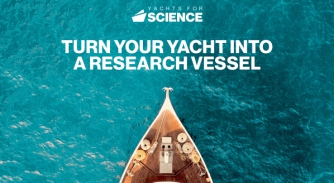
Urgent call for yacht support
Yachts For Science is seeking a replacement vessel for a shark tagging mission in Tunisia
Crew
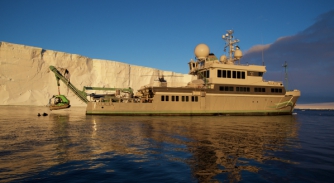
EYOS & OCEEF present RV Odyssey
EYOS Expeditions has partnered with Ocean Conservation Exploration and Education Foundation (OCEEF) to redefine immersive exploration
Owner
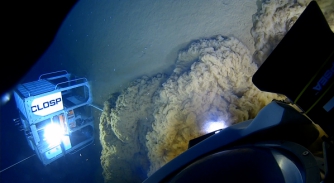
The Ring of Fire Expedition reaches new depths
Caladan Oceanic completes the first ever human descents of the Yap and Palau trenches
Owner
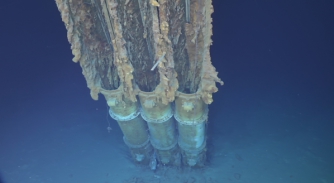
Another milestone for private scientific exploration
Caladan Oceanic and EYOS Expeditions discover the USS Samuel B. Roberts, the world’s deepest shipwreck
Owner
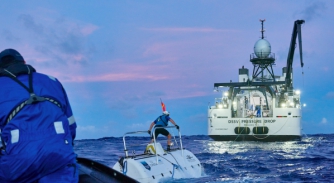
Yachts For Science
Rob McCallum, Founder of EYOS Expeditions describes the compelling potential to connect groundbreaking research and superyachts
Owner
Related news
Urgent call for yacht support
2 years ago
EYOS & OCEEF present RV Odyssey
3 years ago
The Ring of Fire Expedition reaches new depths
3 years ago
Yachts For Science
3 years ago
NEW: Sign up for
SuperyachtNewsweek!
Get the latest weekly news, in-depth reports, intelligence, and strategic insights, delivered directly from The Superyacht Group's editors and market analysts.
Stay at the forefront of the superyacht industry with SuperyachtNewsweek



